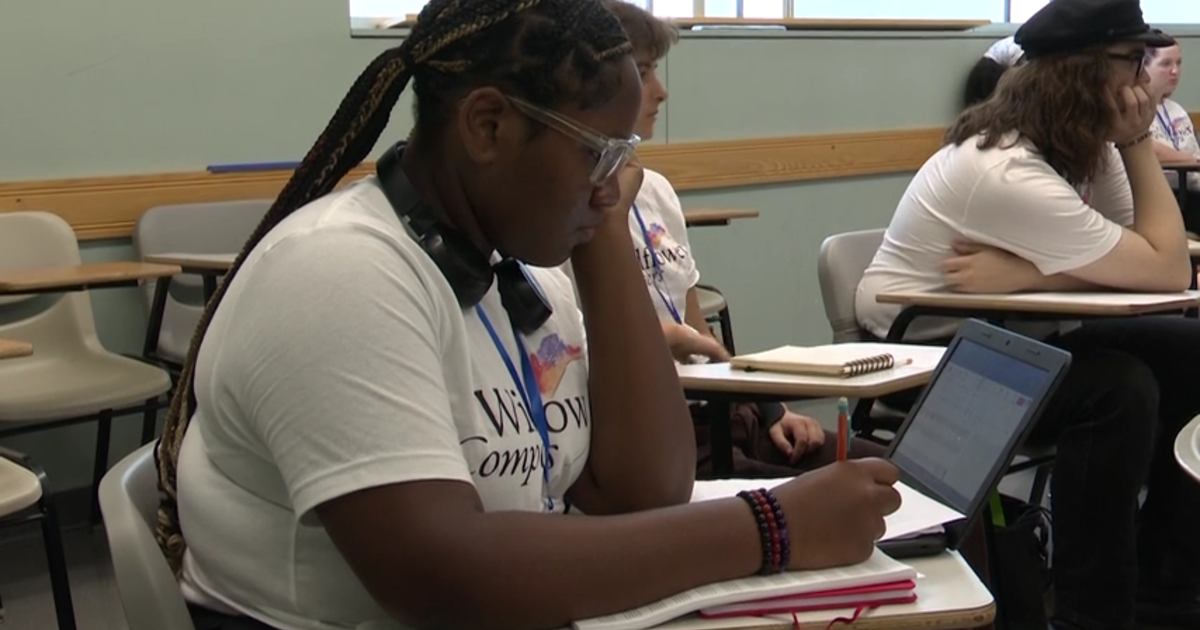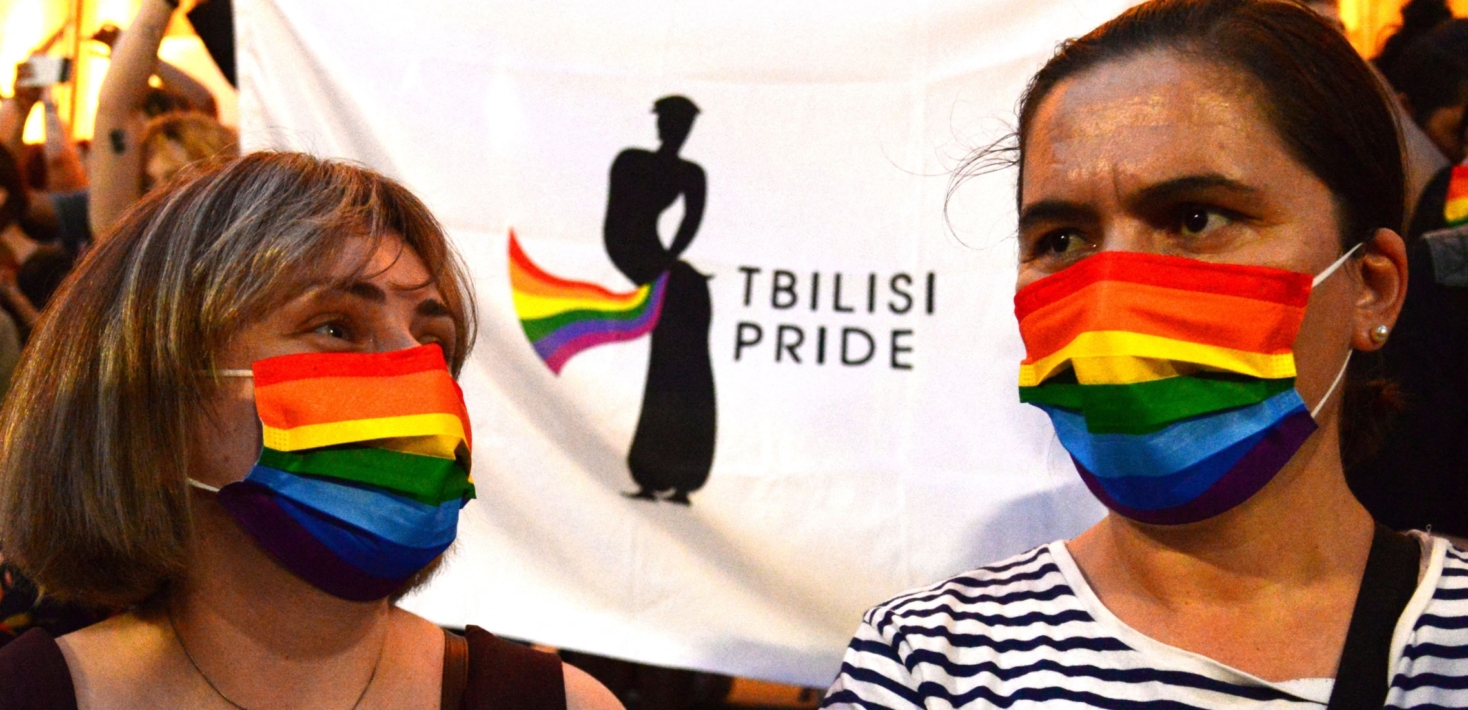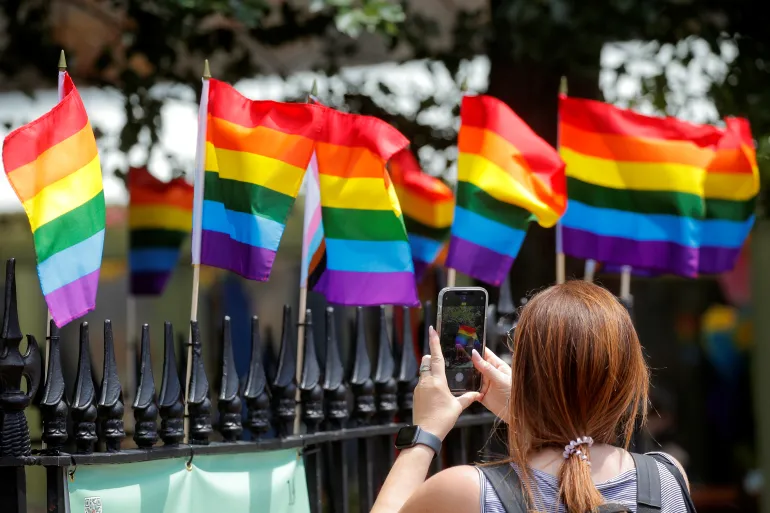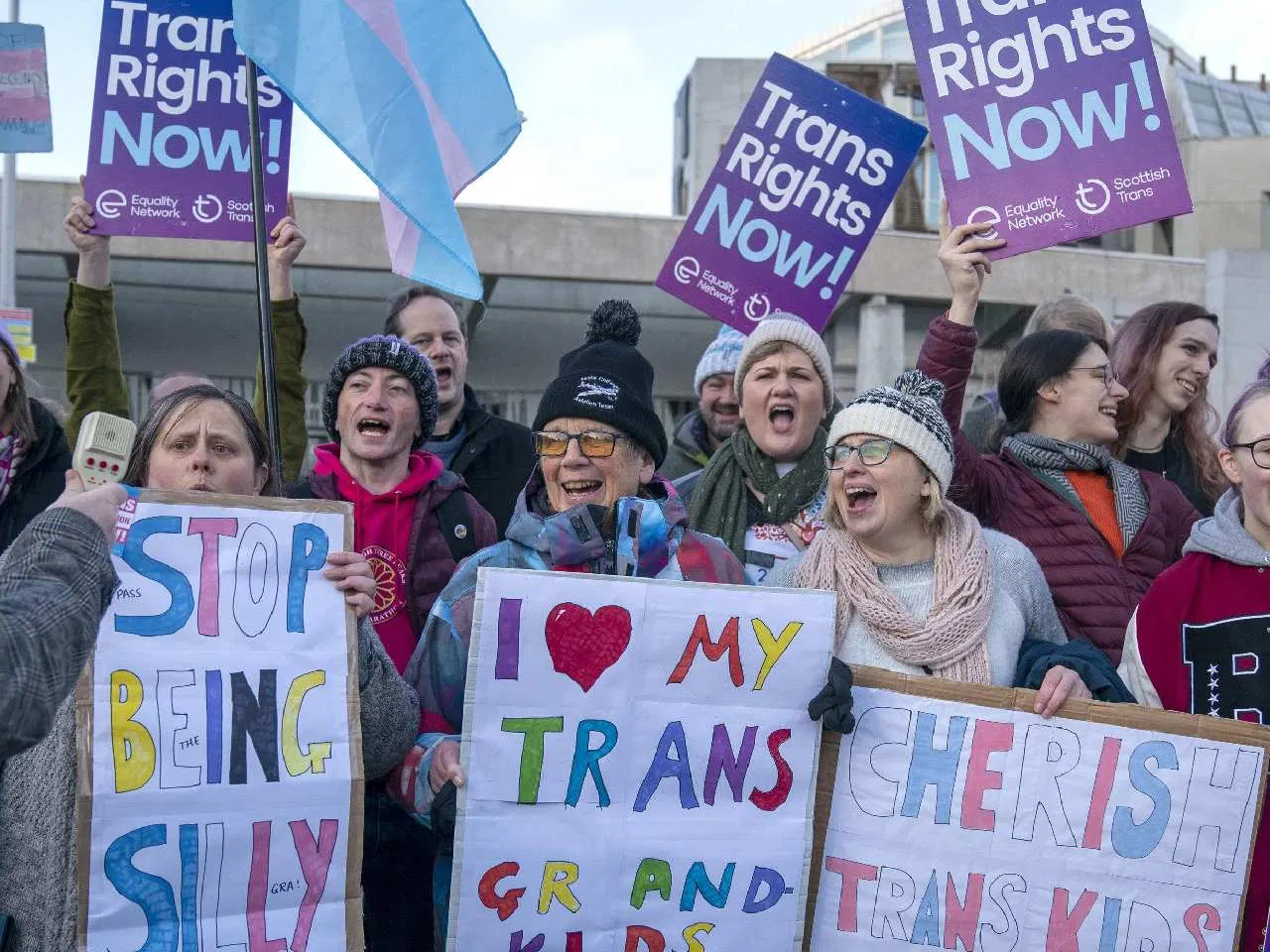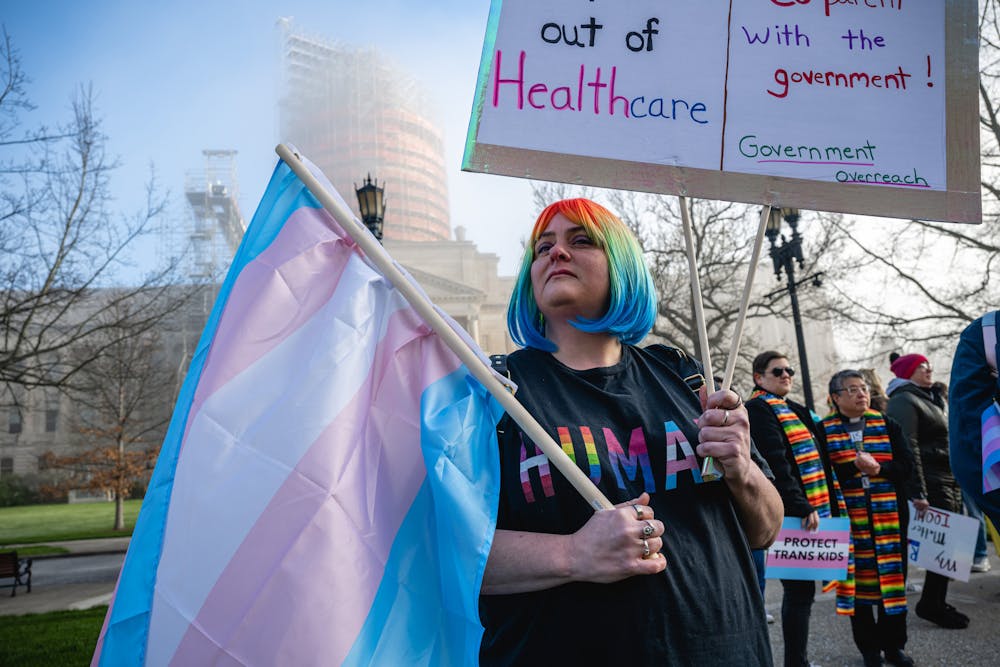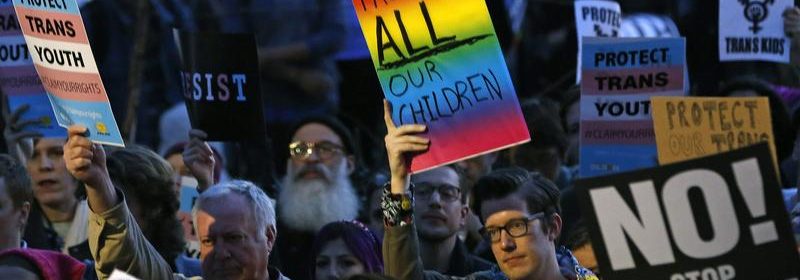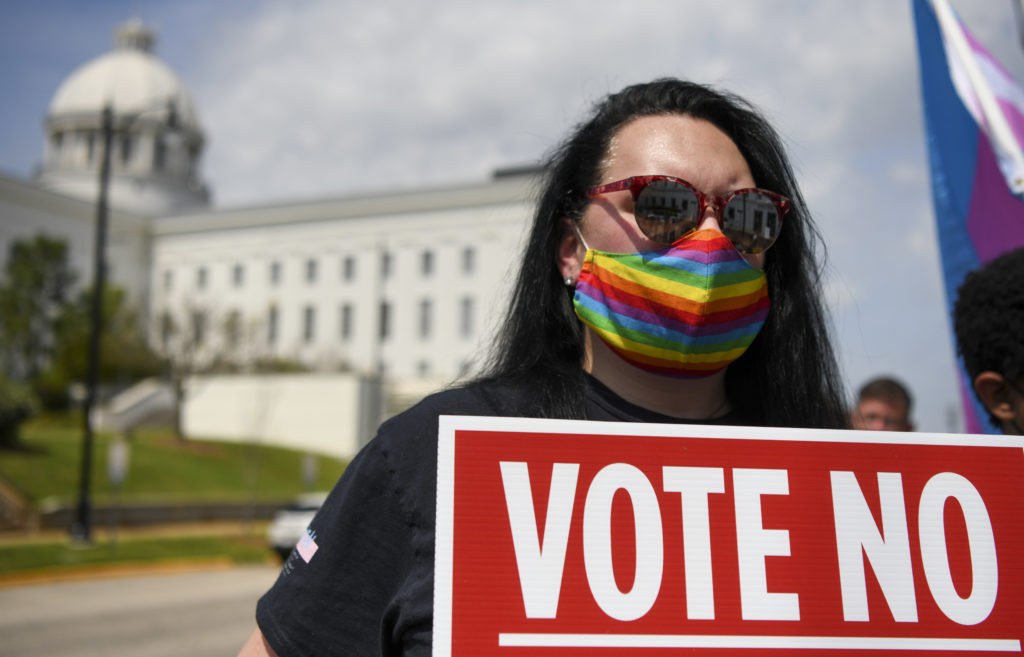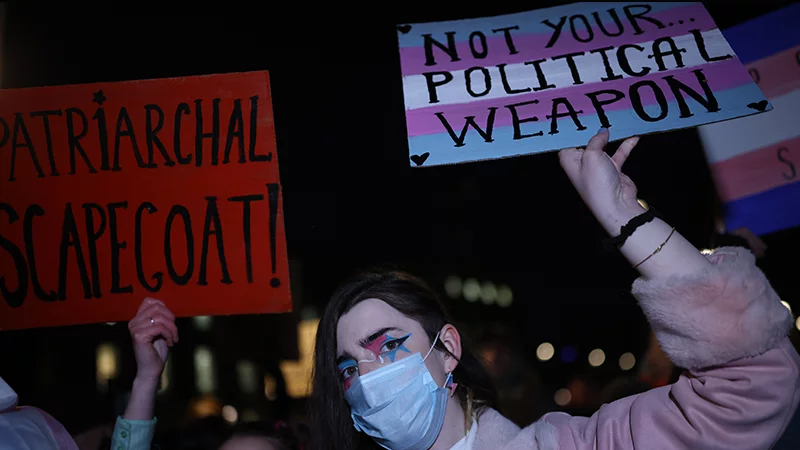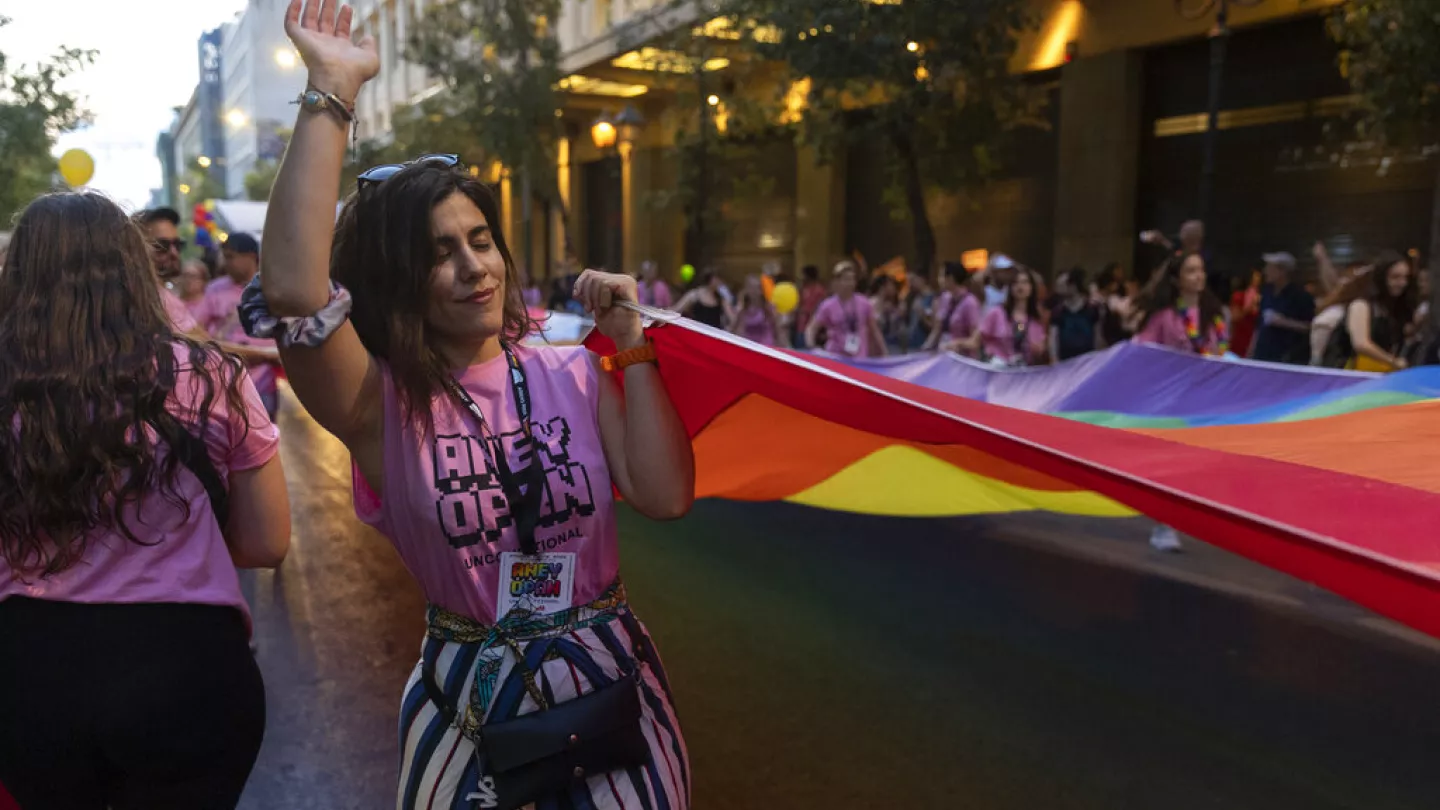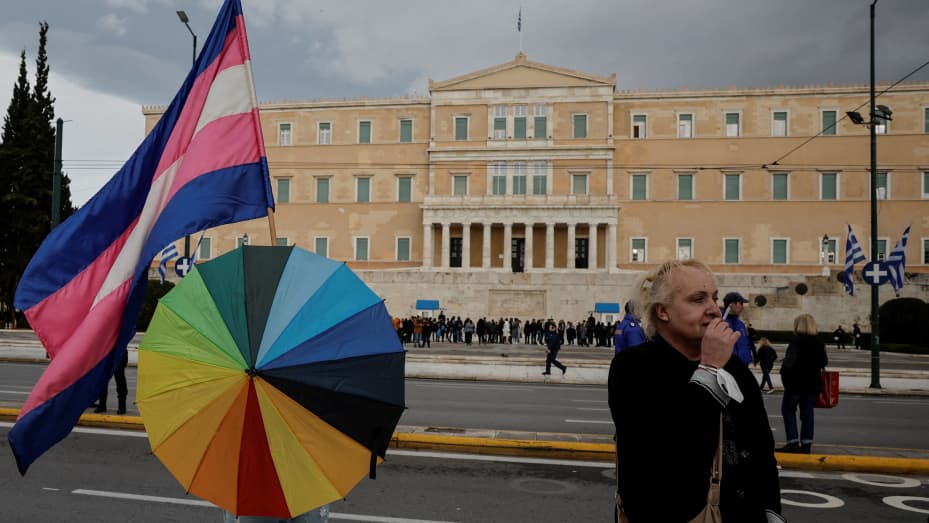Trump-Backed Activist Fired Over Gay Porn Ties

Corey DeAngelis, a senior fellow at the conservative education nonprofit American Federation for Children, has found himself at the center of controversy after reports emerged that he had appeared in several gay-themed adult films. The activist, known for his support for school privatization and regular appearances on Fox News, was revered by supporters including former President Donald Trump. But after rumors surfaced that he had appeared in gay pornography, he was suspendedfrom the work of his conservative organization.
Corey DeAngelis: Senior Research Fellow Faces Fire After Shocking Gay Pornography Allegations
Corey DeAngelis is a senior fellow at the American Federation for Children, a conservative education nonprofit founded by former Education Secretary Betsy DeVos. He has been an active member of the group since 2021, but the group’s website does not indicate that DeVos currently serves on the group.
After news broke about DeAngelis and his alleged involvement in adult films, spokesperson Rebecca Bydlack said, “We have suspended the employee while we conduct further investigation.” She added that she could not provide further comment on the matter.
A man who resembles Corey DeAngelis and uses the alias “Seth Rose” appears in at least three adult videos on the website GayHoopla, released in 2014. In the footage, “Seth Rose” does not interact sexually with other actors; instead, he is depicted in masturbation scenes, both alone and with other men. The existence of the videos was first revealed by Str8 Up Gay Porn, a blog that specializes in gay pornography and sex-related articles, last week.
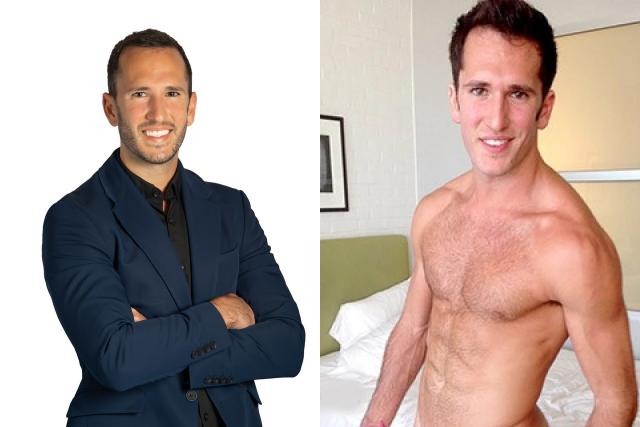
DeAngelis has not yet commented on the situation.
Corey DeAngelis, who has over 160,000 followers on X, earned his PhD from the University of Arkansas in 2018 and has worked for various conservative nonprofits. In recent years, he has become a vocal advocate for school choice, which allows private schools to be funded with public money. DeAngelis has also been critical of how LGBTQ issues are discussed in schools. In 2021, Forbes named him to its 30 Under 30 list in the Education category.
DeAngelis has also appeared frequently on Fox News, where he has, among other things, challenged policies that support LGBTQ students.
Last year, on Fox News, Corey DeAngelis criticized the Los Angeles Unified School District for holding a “Week of Action” to honor prominent LGBTQ people, including former NFL player Carl Nassib. He expressed disbelief at what he saw as the “far left” actively seeking to inject sexual content into the curriculum for younger students. DeAngelis said, “Why not focus on the basics? Make math, reading, and arithmetic a priority.”
In an appearance on Fox News in May, Corey DeAngelis criticized student protests against the Israel-Hamas conflict, linking them to the issue of LGBTQ education in public schools. He noted that students were not focusing on core subjects like math, reading, and writing, but were instead focusing more on “LGBT” issues than learning their “ABCs.” A request for comment from a Fox News spokesperson went unanswered.
Scandals and Support: Corey DeAngelis Presents His Book on Parental Rights and Education
This year, DeAngelis released his new book, Parenting Revolution: How to Free Your Kids from the Radicals Destroying Our Schools. The book’s blurb emphasizes that it “exposes the hypocritical elites who are content to keep their children in dysfunctional public schools.” In May, Trump endorsed the book on his Truth Social website, noting that “Cory DeAngelis is a PARENTING RIGHTS CRUISER.” He added that it was “an excellent guide for mothers and fathers to take back control of their children’s education from the RADICAL MARXISTS who are undermining our schools.”
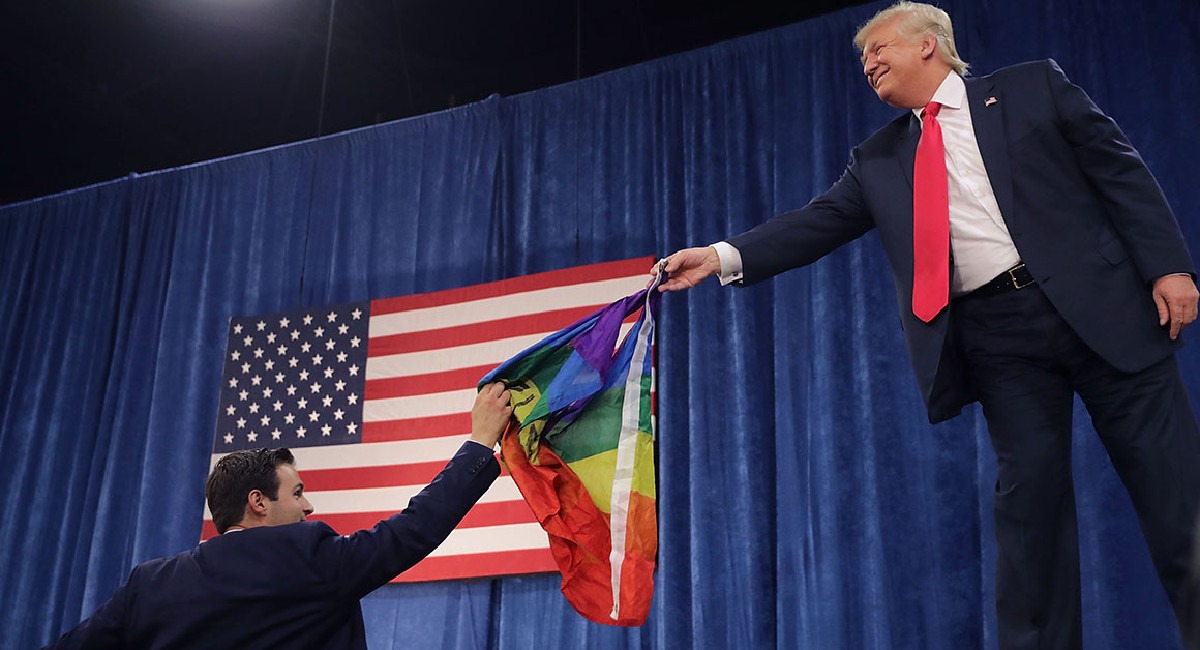
Trump’s endorsement of the book prominently appears at the top of DeAngelis’s Instagram profile and is cited on his X account. In July, J.D. Vance, the Republican vice presidential candidate, reposted one of DeAngelis’s X posts, which included a video of him pledging to ensure that students “get a quality education, not ideological propaganda.” There was no immediate comment from the Trump or Vance campaigns on the matter.
Last week, DeAngelis reposted a post by House Speaker Mike Johnson, a Louisiana Republican, that criticized support for transgender girls on school sports teams and the Drag Story Hour reading program for children. The post noted, “Schools should remain places for education, not ideological indoctrination.” DeAngelis has not posted any updates to his social media since Thursday, and his landing page for the American Federation for Children appears to have been removed.



